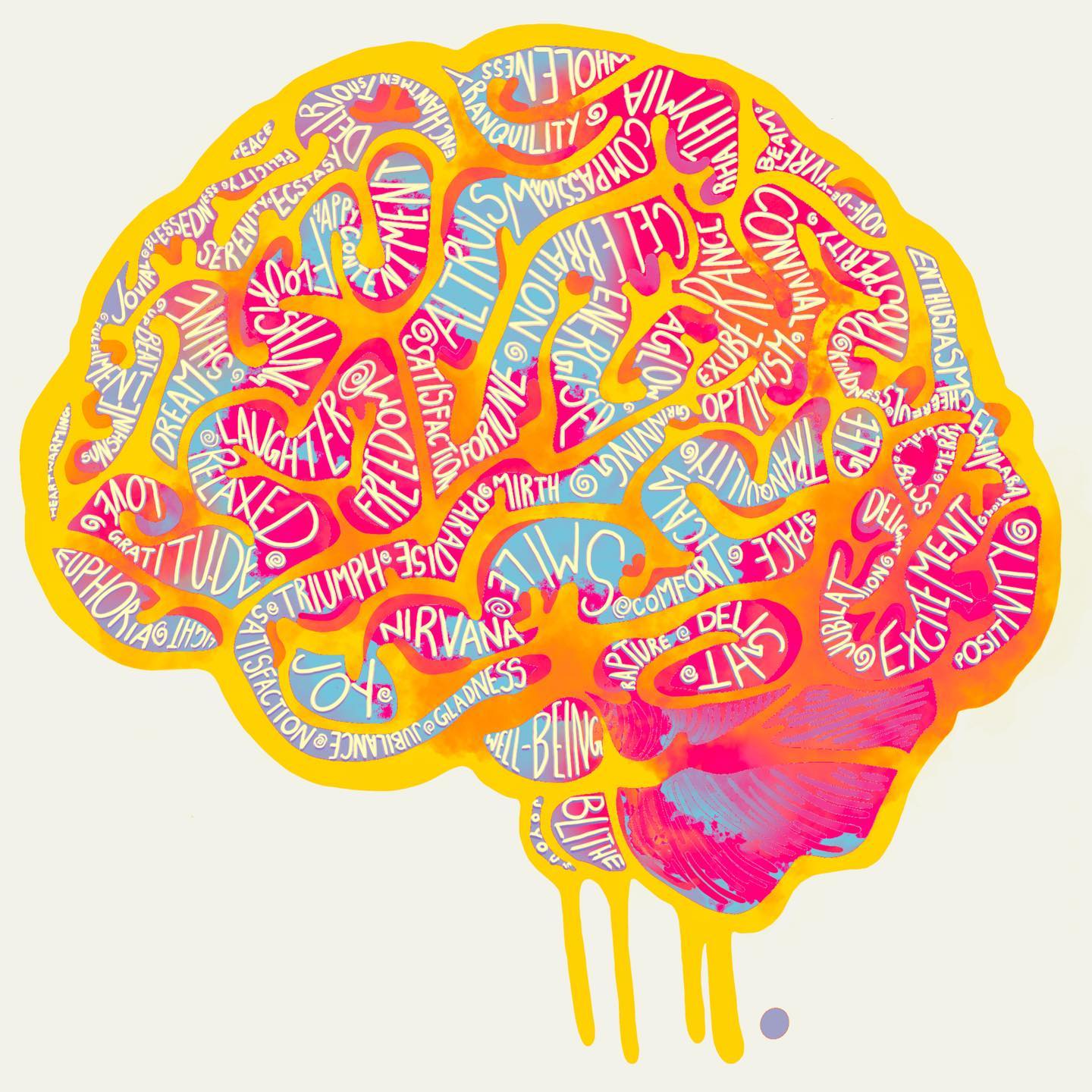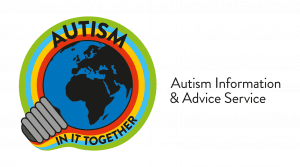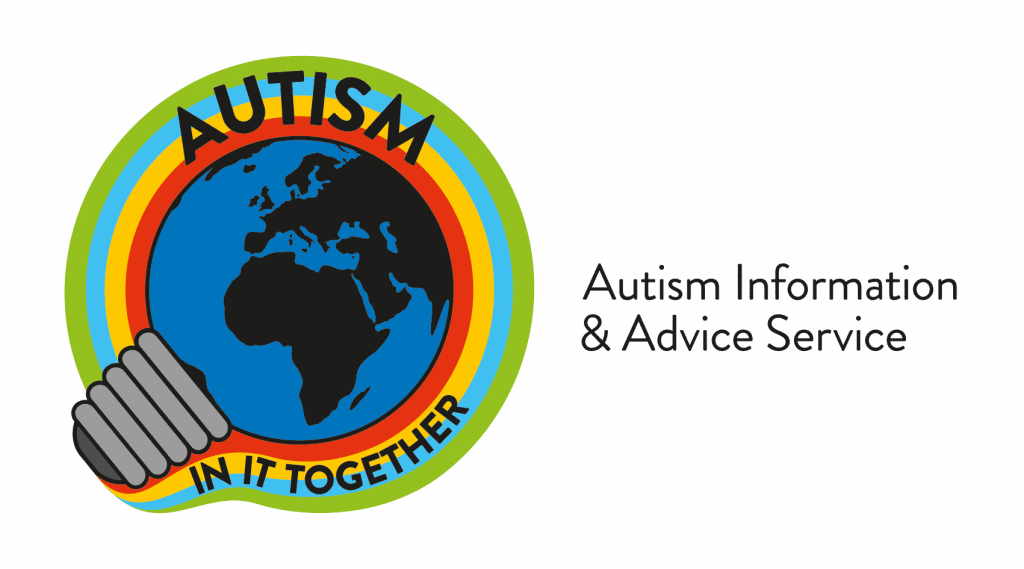What is autism
Autism – or Autism Spectrum Condition (ASC) – is a term used to describe a complex neurodevelopment condition that affects how a person experiences and understands the world around them. ASC is just one term used to describe this condition.
You may know it as Asperger’s, Autism Spectrum Disorder (ASD) or Pervasive Developmental Disorder (PDD), whichever language you use to describe it, we are talking about autism. In the UK, ASD is used by medical professionals. Here at the Notts Autism Information and Advice service, we prefer to use the terms autism or ASC, as the word ‘condition’ has more positive connotations than the word ‘disorder’.
As ASC is a condition that affects how a person perceives the world around them, many aspects of everyday life can be challenging for autistic people. Activities that neurotypical (typically developing) individuals often take for granted, can be overwhelming for an autistic person.

For example, shopping at the supermarket, going to the cinema, attending a job interview, or going on a night out. All of these activities include navigating a series of unpredictable situations, interacting and communicating with lots of different people, and coping with a variety of competing sensory experiences. When we consider this, it is easy to understand why autistic people often describe the social world as overwhelming and significantly anxiety inducing.
An autistic person may find some or all of the following challenging:
- Interacting and communicating with others – especially strangers.
- Understanding sarcasm, metaphors or abstract ideas.
- Integrating competing sensory experiences – including sights, smells, textures, sounds and tastes.
- Processing and understanding what is happening around them.
- Coping with a change of routine or an unexpected situation.
- Understanding and responding to their own emotions and to emotions of others.
An autistic person may also exhibit the following characteristics, which other people may find difficult to understand:
- An unusually strong interest in a specific topic or subject.
- Repetitive actions or behaviours.
- Non-typical emotional responses or expressions.
- Under or over reactions to specific sensory stimuli.
- Restrictive eating habits.
- A need for strict routine.
The many challenges that an autistic person may face and the common traits of ASC are often broken down into three specific categories:
- An impairment of social understanding and relationships
- An impairment of communication and interaction
- An impairment of imaginative thought and inflexibility in thoughts and behaviours
However, it is important to recognise that all autistic people experience their ASC differently. When thinking about ASC, it is helpful to remember that everyone’s ASC is different – this is why it is called a spectrum condition.

